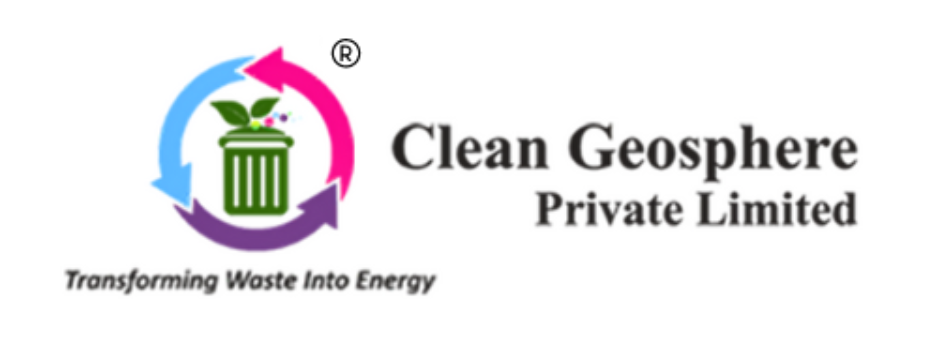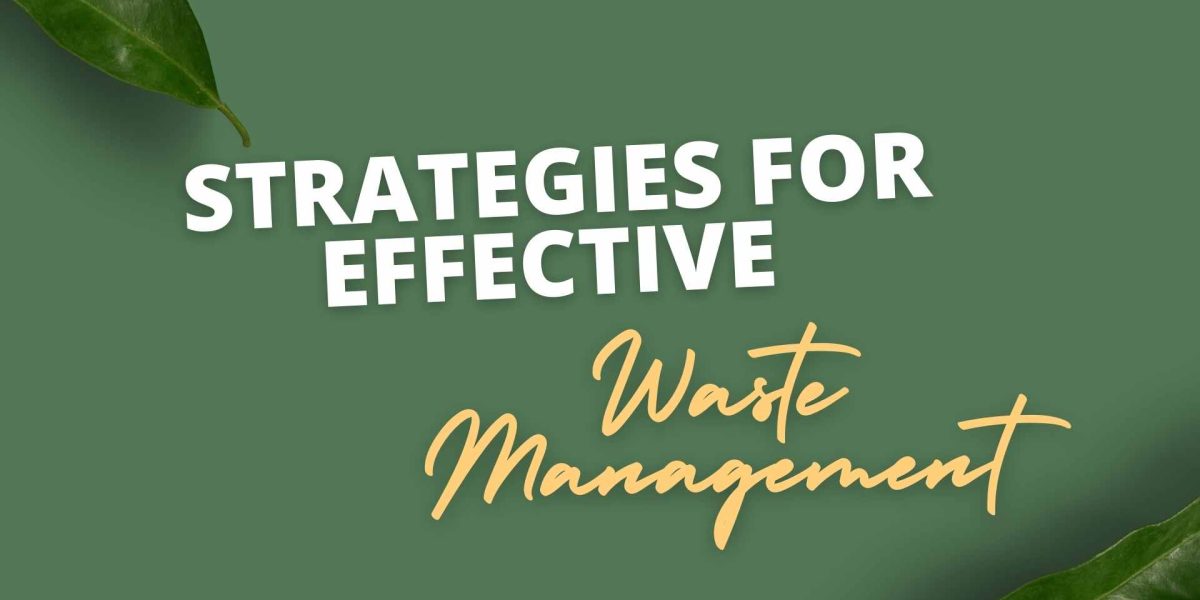With urbanization, industrial growth, and a rising population, the amount of waste we generate continues to soar. Proper waste management is not just an environmental necessity but a critical component for the health, safety, and well-being of our communities.

Understanding Waste Management
Waste management encompasses the processes involved in handling waste from its inception to its final disposal. This includes collection, transport, treatment, and disposal of waste, along with monitoring and regulation. Effective waste management practices aim to reduce the adverse impacts of waste on the environment and human health.
Why Proper Waste Management is Essential
1. Environmental Protection
Improper waste disposal leads to severe environmental consequences. Landfills, which are often the final destination for waste, can cause soil and water pollution through leachate, a liquid that forms as waste decomposes. Additionally, waste incineration can release harmful toxins into the air. By managing waste properly, we can reduce pollution, conserve natural resources, and mitigate the effects of climate change.
2. Human Health
Improperly managed waste is a breeding ground for pests and pathogens, leading to outbreaks of diseases such as cholera, dysentery, and dengue fever. Hazardous waste, including electronic waste (e-waste) and medical waste, contains toxic substances that can cause severe health issues. Effective waste management minimizes these health risks, ensuring safer communities.
3. Economic Benefits
Proper waste management practices can lead to significant economic advantages. Recycling and composting create job opportunities and generate revenue from recovered materials. Moreover, efficient waste management can reduce the costs associated with environmental clean-ups and health care.
4. Resource Conservation
Many waste materials, such as plastics, metals, and paper, can be recycled and reused. By recycling, we conserve natural resources, reduce energy consumption, and minimize the need for raw material extraction. Composting organic waste also returns valuable nutrients to the soil, promoting sustainable agriculture.
5. Aesthetic Value
Clean, well-maintained environments are more attractive and improve the quality of life for residents. Proper waste management helps keep public spaces, neighborhoods, and natural landscapes free from litter and pollution, enhancing community pride and well-being.

1. Waste Reduction
The most effective way to manage waste is to prevent it from being created in the first place. This can be achieved through practices such as:
- Eco-friendly product design: Designing products that use fewer resources and generate less waste.
- Consumer awareness: Educating the public on the importance of reducing waste through mindful consumption and sustainable choices.
2. Recycling and Reuse
Recycling converts waste materials into new products, reducing the need for raw materials and conserving energy. Reusing involves finding new uses for items that would otherwise be discarded. Both practices are integral to reducing the volume of waste that ends up in landfills.
3. Composting
Composting is the process of decomposing organic waste, such as food scraps and yard waste, into nutrient-rich soil. This not only reduces the amount of waste in landfills but also produces a valuable product for agriculture and gardening.
4. Safe Disposal
Certain types of waste, such as hazardous waste, require special handling and disposal methods to prevent harm to humans and the environment. Proper disposal methods include:
Landfills: Modern, well-managed landfills are designed to contain waste securely and prevent pollution.
Incineration: Burning waste at high temperatures can reduce its volume and generate energy, although this method must be carefully controlled to minimize air pollution.
Specialized facilities: Facilities designed to handle specific types of waste, such as e-waste or medical waste, ensure safe and responsible disposal.

Join the Movement
At Clean Geosphere, we are dedicated to promoting sustainable waste management practices. Join us in our mission to create a cleaner, greener world. Contact us today to learn more about our comprehensive waste management solutions and how we can help you make a positive impact.


